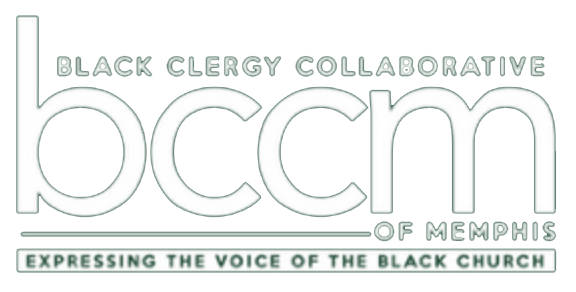Week of May 26, 2025
Gentrification is not merely a process of urban renewal; it is displacement by design. Over the past fifty years, Black neighborhoods across major U.S. cities, including Washington, DC, New York City, Atlanta, and Nashville, have experienced dramatic demographic shifts. These neighborhoods often undergo initial population decline, followed by an influx of higher-income, predominantly white residents, resulting in the displacement of Black residents. Serving as pastor of the historic Jefferson St. Missionary Baptist Church in the heart of North Nashville, I recognize that gentrification is an unavoidable reality.
This forced displacement mirrors what power has always done to the powerless. Indigenous people were ripped from their land for colonial expansion. Black families were threatened by the lynching tree to vacate acreage desired by white farmers. These experiences are likened to the Israelites’ exilic experience of being forced from their land and longing for return. The Scriptures (Psalm 137, Lamentations 1) contain narratives that echo the emotional, spiritual, and communal impact of displacement.
A report published this month by the National Community Reinvestment Center names Nashville as the most intensely impacted by gentrification in the nation in recent history. The economic mechanisms of gentrification, rising rents, property taxes, and the conversion of rental units to condominiums make neighborhoods unaffordable for existing residents. Black families, already facing systemic barriers to wealth accumulation and homeownership, are often forced to relocate, sometimes to less desirable or more isolated areas. The report notes that gentrification concentrates in economically vibrant cities, but its impacts are most acute in Black neighborhoods where social networks, cultural institutions, and historical memory are deeply rooted. This displacement is not just physical; it is also cultural, eroding the sense of belonging and community cohesion that has sustained Black life for generations.
Dr. Mindy Fullilove, in her work Root Shock: How Tearing Up City Neighborhoods Hurts America, and What We Can Do About It, defines root shock as “the traumatic stress reaction to the destruction of all or part of one’s emotional ecosystem.” This phenomenon is not simply about physical relocation but about losing the familiar places, relationships, and institutions that define identity and provide support. The loss of community can lead to isolation and depression by destroying social networks and diminishing access to culturally relevant services. Gentrification also brings a sense of cultural incongruence, as new residents’ norms and values often dominate, marginalizing the traditions and histories of long-time Black residents.
As Black pastors, the challenge is to name the sin of displacement, to lament the loss of Black spaces, and to resist the erasure of Black history and culture. The prophetic warnings of Isaiah 5:8-9 condemn those who accumulate land and displace the vulnerable, and Micah 2:2,9 challenges those who evict women and children from their homes. They remind us that the church must be a place of sanctuary and advocacy.
Gentrification is not a natural process; it is a form of structural violence that disproportionately impacts Black communities. The Black Church, rooted in the tradition of justice and liberation, must challenge the systems that displace the vulnerable and advocate for policies that ensure affordable housing, community control, and the preservation of Black cultural heritage.
Prepared by:
Bishop Aaron X. Marble
Senior Pastor at Jefferson Street Missionary Baptist Church
2708 Jefferson Street, Nashville, TN 37208

